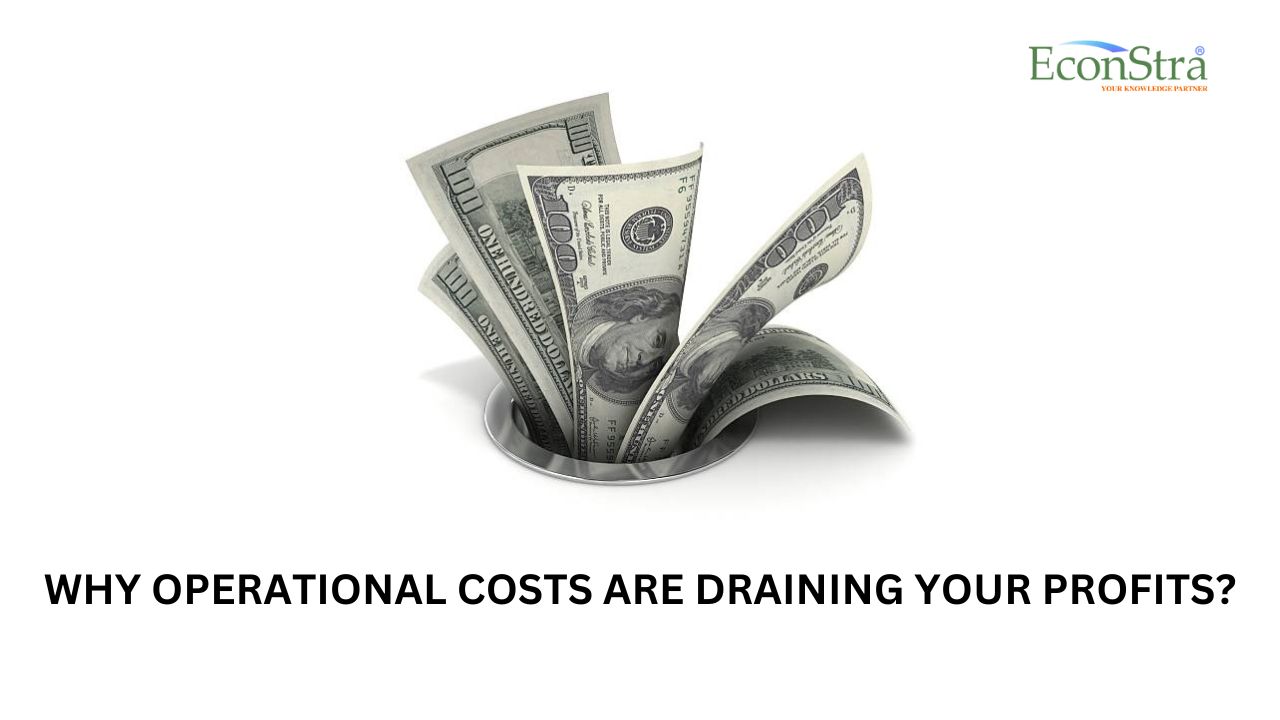by Subhadeep Chowdhury
Share

Difference between startup & small business
A startup is frequently misjudged for essentially a little new business. Actually, there is a huge distinction between the two.
What is a startup?
For a considerable length of time, business consultants regarded new businesses as littler adaptations of huge organizations; this was tricky on the grounds that there is a huge ideological (and authoritative) the contrast between a startup, a private venture, and huge partnership, which requires diverse subsidizing systems and KPIs.
As per sequential business visionary and Silicon Valley legend Steve Blank, a startup is a “transitory association intended to scan for a repeatable and adaptable plan of action.” A startup, which he contends with regards to the tech business ought to be another way to say “versatile startup,” which searches to demonstrate their plan of action, yet to do so rapidly, such that will significantly affect the ebb and flow advertise. This carries us to our first significant contrast between the startup and the independent company.
A “flexible” Startup venture Has The Intent To Become A Large Company
As Blank depicts it, an adaptable startup organizer wouldn’t simply like to work for herself; she needs to assume control over the universe. From the very beginning, her purpose is to develop her startup into a huge, problematic organization. She accepts that she has gone over the following “enormous thought,” that will shake up the business, take clients from existing organizations, or even make another market.
This stand is as a glaring difference with the meaning of a private venture, which the U.S. Private venture Administration (SBA) portrays as “freely possessed and worked, sorted out for benefit, and not predominant in its field.”
Hence, the main impetus behind the two plans of action is extraordinary: The Intent of the startup originator is to disturb the market with a versatile and significant plan of action; though the goal of the entrepreneur is to work for herself and secure a spot in the nearby showcase.
Undoubtedly, the last is the common model of business in the United States: markets, stores, hair salons, handymen, circuit testers, and so forth and their commitment to the local economic process can’t be exaggerated.
STAY IN THE LOOP
Subscribe to our free newsletter.
Business consultant services provide the strategic insight and expertise necessary to steer your company through various challenges and opportunities. These professionals play a crucial role in helping businesses identify growth opportunities, optimize operations, and achieve long-term success. Understanding the Role of a Business Consultant A business consultant acts as an external advisor who brings a […]
Why Operational Costs Are Draining Your Profits? Operational costs are a critical aspect of running a successful business, but when not managed properly, they can drain your profits and stifle growth. In a competitive market, maintaining profitability requires keen oversight of expenses and strategic planning. Econstra, as a leading business consultancy, provides insights and strategies […]
In the rapidly advancing digital landscape, Artificial Intelligence (AI) tools have emerged as transformative assets for businesses. Their potential to enhance efficiency, streamline operations, and drive innovation makes them invaluable for business consultants and organizations worldwide. For business consultants in India, AI’s strategic application can be particularly advantageous in navigating a diverse and dynamic market. […]
Small and Medium-sized Enterprises (SMEs) play a crucial role in driving innovation, creating jobs, and contributing significantly to the economy. Despite their importance, SMEs often face a host of challenges, including limited resources, intense competition, and the need for continuous innovation. To navigate these challenges successfully, many SMEs turn to business consultants for their expertise […]




